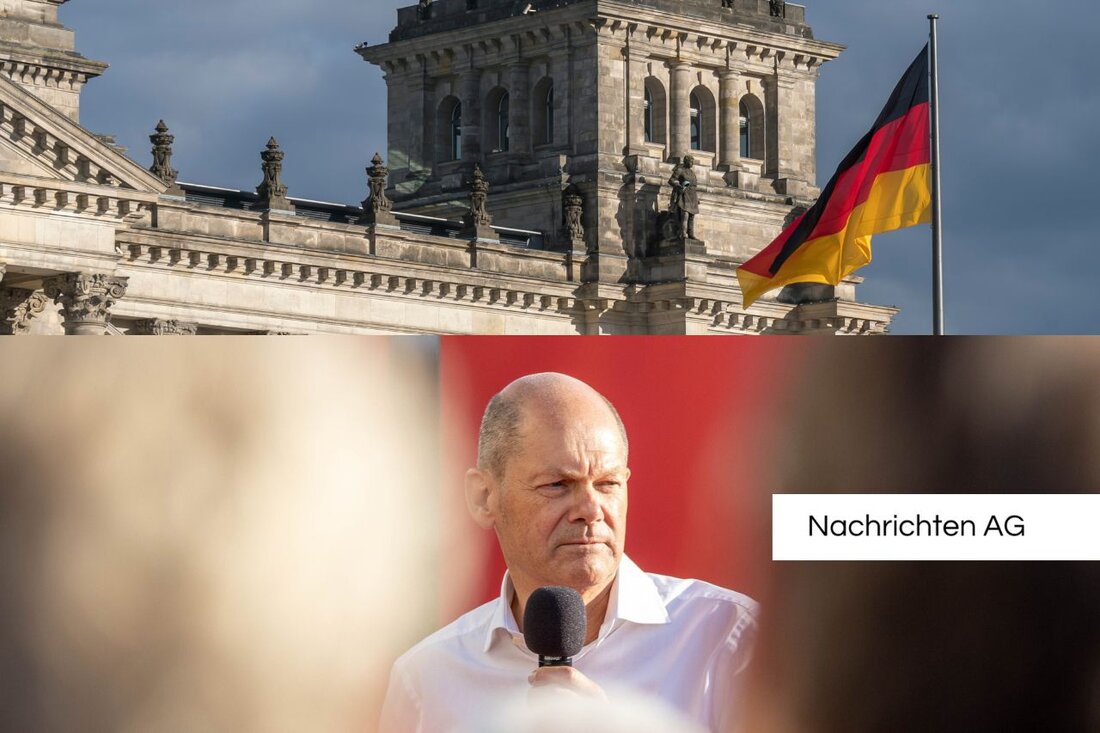Pope Francis' funeral: one last escort for the church?

Pope Francis' funeral: one last escort for the church?
Rom, Italien - Today, an estimated 200,000 to 300,000 people gather in Rome to bury Pope Francis in the Basilica Santa Maria Maggiore. Not only Catholic Christians and laypersons are expected for the ceremony, but also more than 130 cardinals as well as head of state such as Frank-Walter Steinmeier, Olaf Scholz, Emmanuel Macron and Donald Trump. This major event underlines the deep connection of the church to many social and political questions.
In an accompanying podcast, chief reporter Johannes Bebermeier and the Green politician Katrin Göring-Eckardt have their say. In the current debate about the role of the churches, Göring-Eckardt comments on criticism of social issues, including migration policy and the speed limit. She finds it inappropriately to accuse the churches that they would not comment. This discussion is part of a more comprehensive topic that illuminates social brutalization and tone in the German Bundestag.
churches and their role in society
The Evangelical Church in Germany is faced with a dramatic change. According to assessments, the proportion of non -denominational people could exceed 50 percent by 2027. This can not only be attributed to secularization, but also to the loss of credibility, especially in the course of the abuse scandals that have hit the institution difficult. In 2023, the Evangelical Church still counted around 18.6 million members, which corresponds to around 22 percent of the population.
The Catholic Church still has a stronger basis with 24 percent of the population, but here too 43 percent of the population are non -denominational, while 9 percent belong to other religious communities. The decline in the number of members of the Evangelical Church exceeded the mark of half a million in 2023, which illustrates the worrying situation of the churches in Germany.
political influence or necessary orientation?
The social tensions and polarization, especially through digital communication, have led to the fact that churches are increasingly being considered irrelevant. Many argue that they should think more about their beliefs instead of intervening in party political issues. This leads to the question of the extent to which churches are perceived by their statements as influencing providers in elections. However, the institutions could act as an ethical corrective and make an important contribution to the stability of democracy.
The challenge of regaining credibility and positioning yourself as places of calm and orientation remains up to date for the churches. The church should stay in the faith in God until it finds the courage to make it visible and to position itself clearly against the growing atheistic trend. The topics that are discussed in the podcast reflect these complex challenges with which the churches are confronted today. Annika Leister's next day of the day will certainly continue to deal with these urgent topics.
| Details | |
|---|---|
| Ort | Rom, Italien |
| Quellen | |
